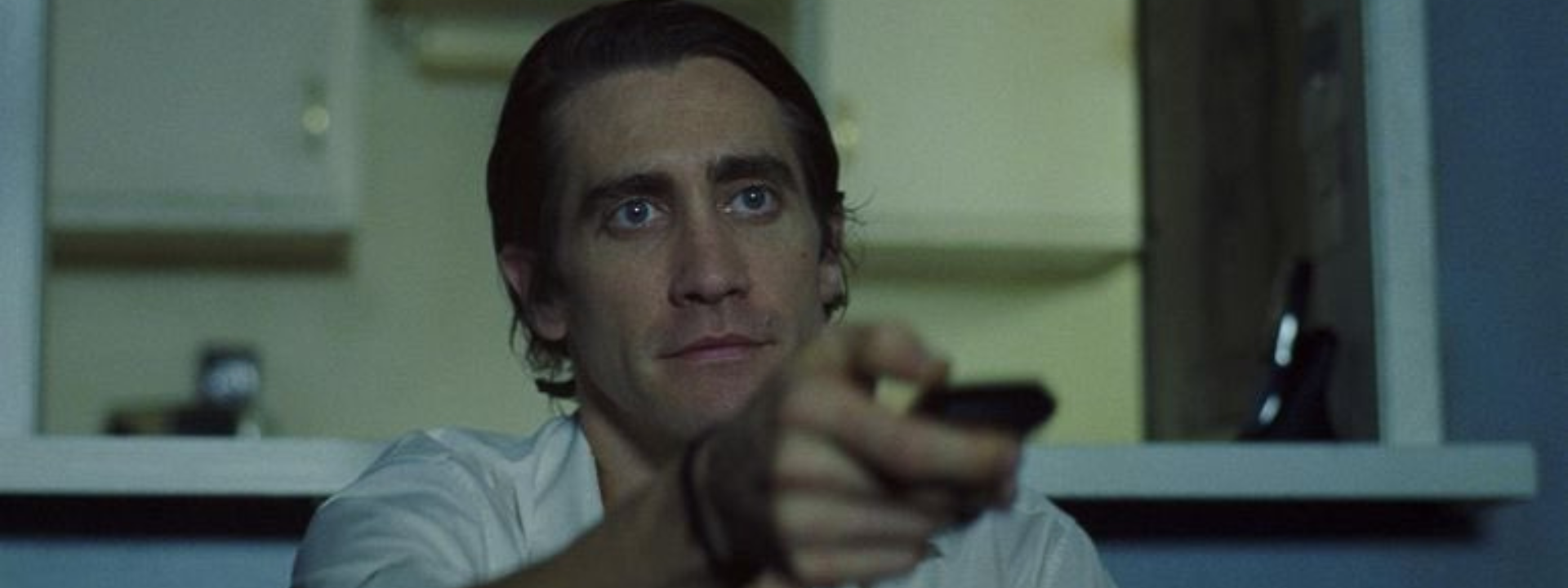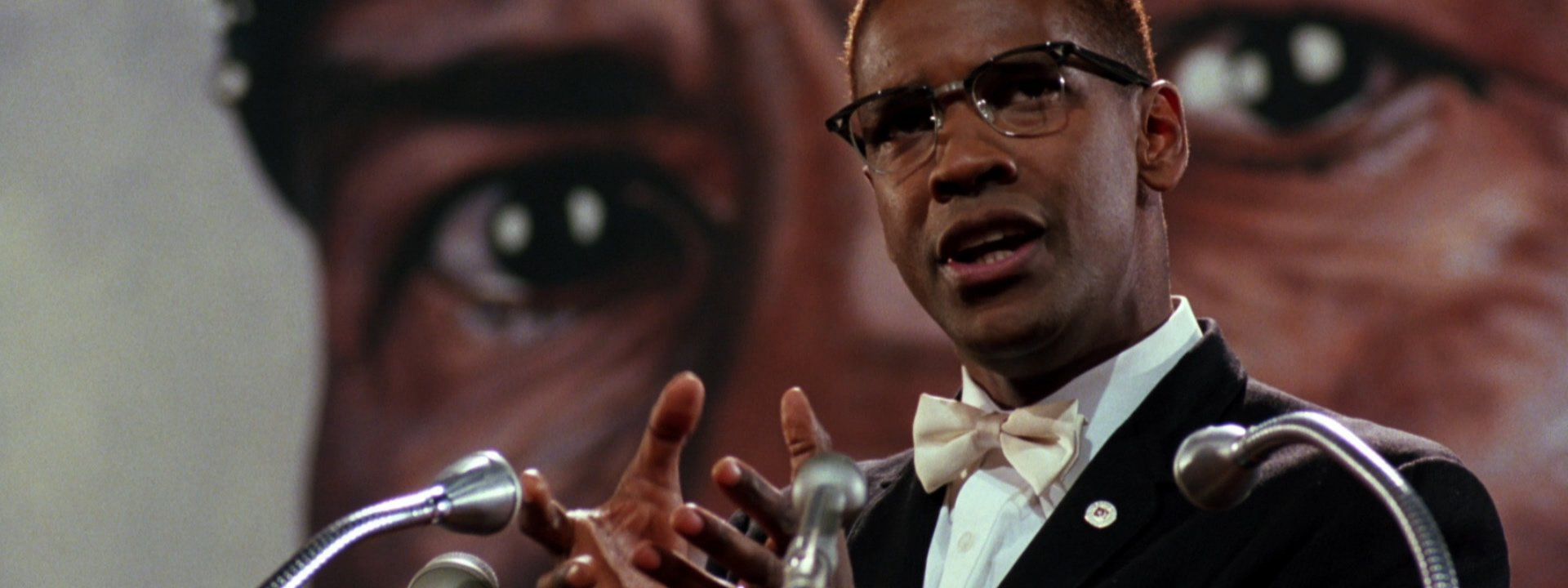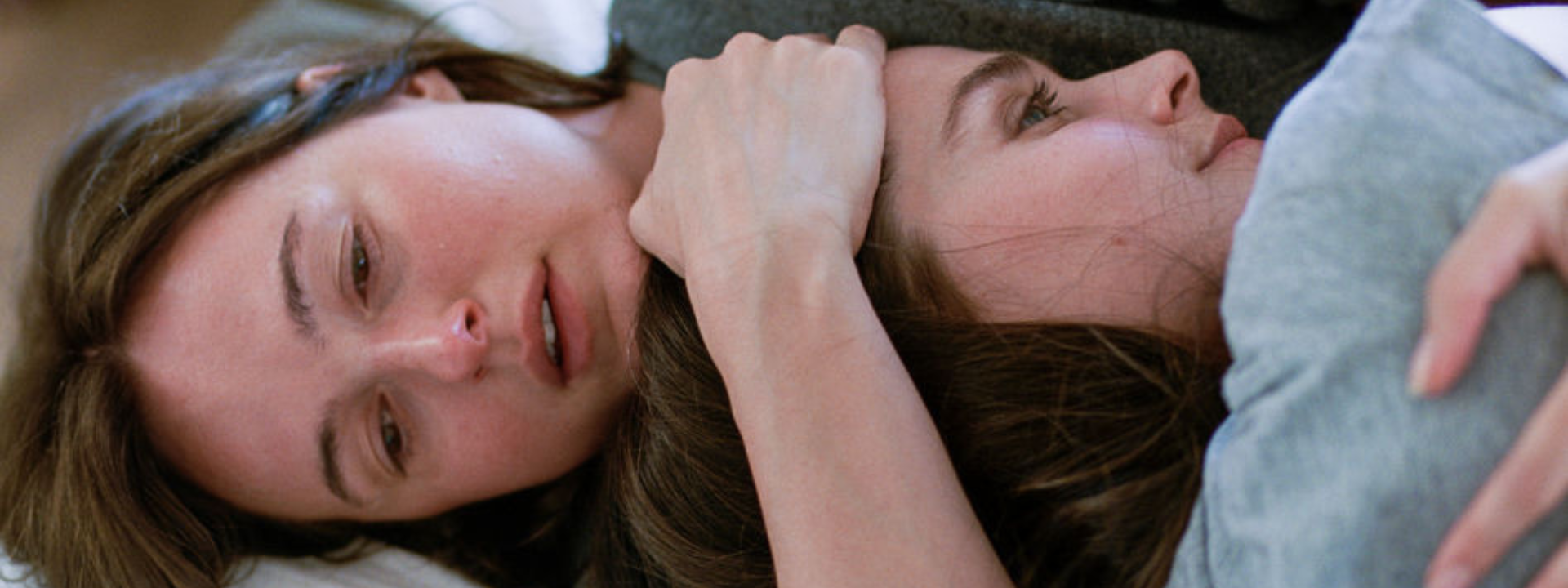Interview with the Filmmakers: Terrestrial Verses

Alireza Khatami and Ali Asgari co-direct a powerful compilation of nine encounters of ordinary Iranians with authority. "Terrestrial Verses" follows everyday people from all walks of life as they navigate the cultural, religious, and institutional constraints imposed on them by various social authorities, from school teachers to bureaucrats. These stirring vignettes, humorous and affecting, capture the spirit and determination of people amidst adversity, offering a nuanced portrait of a complex society.

For more info see the film website
(A=Ali, AR=Alireza)
How did you both first meet and decide to collaborate on Terrestrial Verses? Where did the idea for the project come from?
AR: I always joke that we met on Tinder, but the truth isn't far from it. We both had our first feature selected at the Venice Film Festival in 2017. I messaged him on Facebook to congratulate him since I knew him from his acclaimed short films.
A: We hit it off from our first conversation at Venice. I think it's because we have very similar backgrounds. I am from the Tat minority, and Alireza is from the Khamse indigenous tribe. We both grew up in large families. I have six sisters, and Alireza has four. For neither of us, cinema was a likely path. That background brought us very close despite having vastly different cinematic languages.
AR: We met at TIFF again that year, and then we kept talking on the phone two or three times every week on various topics. Suddenly, we realized we were halfway through a script together, which Ali directed and premiered at the Berlinale Film Festival.
A: Last summer, Alireza was working on his feature film Things That You Kill and was struggling with securing a shooting permission.
AR: And then my film was shut down, and I was heartbroken. The conversation at the Ministry of Culture was absurd and tragicomic. Ali also shared a few stories of how other conversations, dealing with various institutions, had been almost surreal to him. A week later, we had a script.
A: But we had no budget, no producer, nothing. Just a script!
Was it difficult to obtain all necessary permits for your project? Where did you film?
A: Alireza and I are both in our 40s. We have spent enough time waiting, like the two characters in Waiting for Godot. Waiting for the producer, waiting for the cast, waiting for the budget.
AR: We didn't want to wait this time. So we called a few friends, pooled our own money, and shot the film in 7 days.

Can you tell us more about Forugh Farrokhzad’s poem Terrestrial Verses? In what sense does her work relate to your film?
A: Poetry has always been an important inspiration for both of us. Last summer, when Alireza was struggling to get a shooting permit for his film, we would go for long walks in Tehran at night and read classic poetry together. We were amazed by the humor and dramatic structure of poems. We became especially fascinated with what’s known as Ghazal poetry, a classic form comparable to the sonnet in European poetry that uses independent stanzas in couplets that are linked through their theme, and more strictly in their poetic form, for example by repeating an end rhyme throughout. We thought that could be an interesting structural analogy for a feature, and that’s how the 11 verses of the film came about.
AR: We decided to utilize the debate technique found in many Ghazals. This technique depicts a dialogue between two characters who use their wit and humor to shed light on various philosophical notions. So our verses became a dialogue between two characters.
A: For the ending, we knew what we wanted, but it wasn't easy to nail it. We wrote more than 30 different renditions. Then one night, we were reading Terrestrial Verses, a poem by Forugh, and we found our ending! “Then/ the sun turned cold/ And the abundance left land/ and in the meadows the grass dried/ and in the deep the fish died/ And thereafter the earth/ Did not receive the dead.”
AR: And that was our perfect ending verse. Forogh is perhaps Iran’s most influential female poet of all time, who was also an important filmmaker as well. Once the movie was done, we decided to pay our homage to and named the film after her poem.
Terrestrial Verses is a formally masterful, impressively restrained film. What made you choose the sequence of situationally similar, frontally filmed, fixed camera vignettes?
A: What's been happening in Iran has rendered everything to before and after the Woman, Life, Freedom movement. There was a cinema before, and there will be a cinema after.
AR: We look at the streets. We look at our friends. We looked at our family. And we knew the time to tell a story around the fire was over. Now it's time to tell a story within the fire.
A: So we stripped the cinema of all that was in the way of flames. We wanted to see how sharp this medium could get, how direct could it be.
AR: We knew that we were taking a risk and nobody might like this film. But there is a time to tell a story, and there is a time to bear witness.
.png)
The interlocutors of the protagonists in all scenes remain off camera, they are only heard, not seen. How did you decide on the casting for these off-screen roles? Why did you make that choice narratively? Do you think the film would have been different if you’d taken a more linear approach to telling the story?
AR: We wanted to situate ordinary citizens at the heart of the film.
A: The casting was the most delicate casting we have done. These are long takes, and we wanted nuanced performances that could keep the audience engaged. We are very proud of our cast. They did an amazing job!
AR: They took a lot of risks with us since they didn't really know what we were doing. They just read their part and had no idea what this movie would look like. We are very humbled and grateful for what they brought to this film.
A: We conceived the film with this approach and never imagined the film in any other way.
AR: Terrestrial Verses can't exist in any other form. The formal choices make the film what it is.

Why did you choose to tell the story untraditionally, with individual vignettes? Does the order of the vignettes in the final film mean anything specific?
A: We wouldn't call them individual vignettes. The poetry of the film and its philosophy are only visible through the interconnections of all these verses, just as they are in a Ghazal poem.
AR: The order in which the film flows is the order of life for us. We tried to show the life of ordinary people living in this place called Iran. But this could be anywhere if one looks carefully.
The absurdist, tragi-comic atmosphere and strictly controlled situations almost feel like an Iranian answer to filmmakers such as Roy Andersson - did you have any models or influences for your approach in your film?
AR: It would be an honor to create a piece that is in conversation with his cinema. Anderson is highly influenced by Kabuki, the classical form of Japanese theater. But here we are trying to see what cinema can be in times of emergency. What can it do in times of transition and change?
A: For us, Terrestrial Verses has the experimental and curious spirit of Kiarostami.
AR: The film may come across as absurdist and tragicomic, but for an Iranian citizen, this is hyper-realistic. These are the conversations we live through every day.

In its directness and immediacy, Terrestrial Verses feels close to a stage performance. How much of the film was created during the shoot, and what if any aspects did you change in the editing process?
A: The film was entirely conceived and shaped during the writing. We didn't change anything during the shooting or editing.
AR: We had the film finished in our heads before going on set. Our cast, of course, brought a lot of nuances to the performance.
A: But the film was fully formed on paper.
All the individual scenes in your film involve negotiations between the protagonists and various kinds of authorities. Would you say that this is especially characteristic of social relations in Iran?
AR: I have lived in 14 cities in 9 countries and 4 continents. I have lived, worked, and tried to be part of those cultures. I would say this type of negotiation is how any citizen anywhere survives the authorities.
A: Wherever we are, we are constantly in negotiation with some sort of power structure. And if we go without negotiation, without asking questions, without interrogating the rules, we are no longer citizens.
What do you hope audiences take away from Terrestrial Verses?
A: We hope that audiences watch the film and ask themselves what is their relationship with various power structures. We hope the film makes all of us look at ourselves in the mirror and ask a question.
--
ALI ASGARI
Ali Asgari is a prominent Iranian cinema figure with more than 200 awards to his name. Two of his short films, More Than Two Hours (2013) and The Silence (2016), were nominated for the Palme d’Or at the Festival de Cannes. The Baby was featured in the short film competition at the Venice Film Festival in 2014.
Ali’s films focus on the precarious lives of individuals living on the margins of society in his native country, Iran. His debut film, “Disappearance” was developed at the Cinéfondation Residency of the Festival de Cannes and had its world premiere at the Venice International Film Festival in 2017. “Until Tomorrow,” his second feature film, at the Berlinale in 2022. Ali is a member of the Academy of Motion Picture Arts and Sciences.
ALIREZA KHATAMI
Alireza is an award-winning Iranian- American filmmaker based in Canada. Born into the indigenous Khamse tribe in Iran, he is influenced by his heritage’s rich storytelling traditions. His films poignantly investigate the interconnection of memory, trauma, and power dynamics, often through a philosophical lens and with a dark sense of humor. He has worked with esteemed filmmakers such as Asghar Farhadi. His debut feature, “Oblivion Verses,” developed at the Cinéfondation Residency of the Festival de Cannes, premiered at the Venice Film Festival, winning three awards, including the Orizzonti Award for Best Screenplay and the FIPRESCI Prize. Alireza also co-wrote “Until Tomorrow,” which premiered at the Berlinale Film Festival. He is currently working on an auto-fictional psychological thriller in Turkey.




%402x.svg)